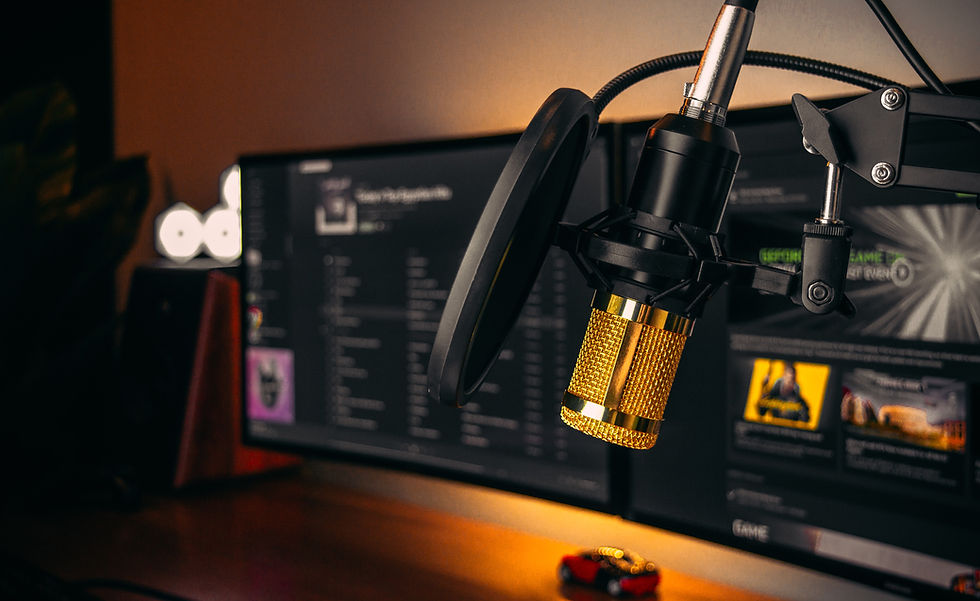George Carlin: Setting Precedent At the Intersection of AI and Intellectual Property
- Pessah Group Info

- Apr 12, 2024
- 2 min read
Updated: Feb 25, 2025
On April 2nd, it was reported that George Carlin’s estate had reached a settlement with Dudesy, LLC over an hour-long comedy special titled “George Carlin: I’m Glad I’m Dead” that utilized an A.I. generated imitation of Carlin to simulate his voice and style of humor. In what Chad Kultgen – co-host of Dudesy alongside Will Sasso – described as a “resurrection” of Carlin, the A.I. generated video featured a script made through the software’s combing through of five decades worth of Carlin’s original copyrighted work. The use of this copyrighted material was unauthorized, laying the groundwork for the suit that sought damages based on a deprivation of the right of publicity, a violation of the right of publicity (in common law), and copyright infringement.

The first two Claims sought damages against Dudesy, LLC’s use of Carlin’s name, image, and likeness for monetary gain. The estate’s attorneys contended that the use of Carlin’s image created traffic increases to all Dudesy platforms, thereby encouraging its viewers to use the links under the video to subscribe to Dudesy +, a paid for membership that offers exclusive content. In addition to the unscrupulous use of Carlin’s voice, image, and likeness, Dudesy, LLC infringed on copyrighted materials by intentionally training the A.I. technology with Carlin’s work. On the copyright claim, the Carlin’s estate alleged:
“Without authorization from Plaintiffs, or any right under law, Defendants have unlawfully used Plaintiffs’ copyrighted works for building and training a dataset for purposes of generating an output intended to mimic Plaintiffs’ copyrighted work (i.e., Carlin’s stand-up comedy). Such actions infringe Plaintiffs’ exclusive rights in the copyrighted works.”
The script the program generated, although not directly plagiarism, was manufactured using Carlin’s work, therefore fabricating a script that simulated copyrighted materials for the purpose of imitation. This imitation – knowingly controversial considering Dudesy had been met with a cease-and-desist letter in 2023 when they created a similar comedy special using an A.I. generated Tom Brady – was evidently a strategic play to generate views to Dudesy’s platform. The settlement reached ensures that the podcast hosts took down the video in addition to never again using Carlin’s voice, image, or likeness.
As A.I. technology becomes increasingly accessible and is continuously improving, recognizable public figures will be particularly vulnerable to malicious uses of the technology. The late Carlin, who had once been at the forefront of a case that contributed to the Supreme Court’s differentiation between obscenity and indecency in broadcasting content, is once again spearheading – though through his estate – one of the first major cases in determining how public figures can be protected from harmful, distorted, or unfair manipulations of their image by A.I.
Evidently, based on cases that have already been surfacing since A.I.’s inception, aggressive protections need to be put in place to prevent harmful reproductions of unsuspecting individuals.
PLG’s attorneys are committed to developing innovating solutions for their clients, and staying apprised of developments in law and technology. The protection of your intellectual property across all media requires diligent advocacy and staying apprised of developments in the law.


Comments